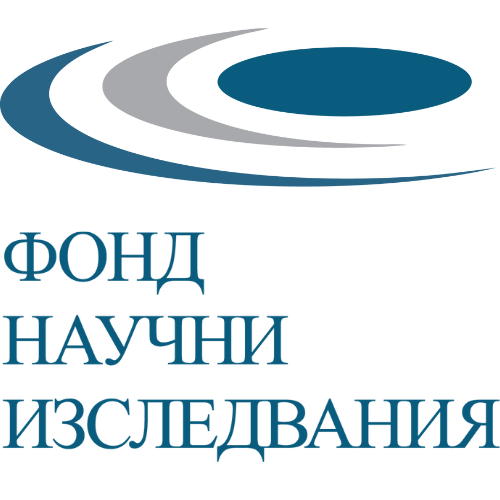FINANCIAL SUSTAINABILITY OF BULGARIAN FOOTBALL: A BALKAN PERSPECTIVE
DOI:
https://doi.org/10.15547/tjs.2025.s.02.070Keywords:
football finance, Bulgaria, revenue structure, Balkan clubs, sustainabilityAbstract
Purpose: This study examines the financial performance and sustainability of Bulgarian professional football clubs compared to other Balkan countries, focusing on revenue diversification, UEFA income, and infrastructure investment.
Methods: A descriptive comparative design was used, based on secondary data from UEFA, FIFA, and KPMG reports for the 2023–2024 season. Key indicators included total revenue, matchday income, broadcasting rights, UEFA payments, sponsorship, and transfer income. Variation and correlation analyses assessed disparities and relationships between financial and sport-technical indicators (FIFA ranking, UEFA coefficient, market value).
Results: Bulgarian clubs underperformed significantly across core revenue streams compared to regional leaders such as Turkey and Greece. Matchday and TV revenues were notably low, while reliance on transfer income was high (≈51.6%). Strong correlations (r > 0.90) were found between total revenue and UEFA income, sponsorship, and team value. A SWOT analysis identified systemic weaknesses such as outdated infrastructure and weak commercial ecosystems.
Conclusion: Bulgarian football operates under a fragile financial model with poor revenue diversification and infrastructural gaps. Strategic reforms—targeting media rights, digital engagement, and governance transparency—are essential. The study provides a comparative benchmark for modernizing football governance in Bulgaria and the region.
References
Deloitte, Annual Review of Football Finance, available at: https://www2.deloitte.com/uk/en/pages/sports/articles/annual-review-of-football-finance.html, 2023.
UEFA, European Club Footballing Landscape Report, 2022.
Plumley, D., Wilson, R. and Ramchandani, G., Towards a model for measuring holistic performance of professional football clubs. Soccer Soc, 18(1):16-29, 2014.
CIES Football Observatory, Monthly Report No. 64 – Transfer Income Dependency, 2021.
UEFA, Club Licensing and Financial Fair Play Regulations, 2020.
KPMG Football Benchmark, The European Elite 2022.
Baroncelli, A. and Lago, U., Italian football. J Sports Econ, 7(1):13-28, 2006.
Dimitropoulos, P., The financial performance of the Greek football clubs. Choregia, 7(1):5–28, 2010.
UEFA European Club Finance and Investment Landscape Report, available at: https://editorial.uefa.com/resources/028a-1a4669b3fd84-38a84630b77b-1000/uefaeuropeanclubfinanceinvestmentlandscape_150224.pdf.
CIES Football Observatory, European Football Revenue Benchmarking Report, 2021.
Plumley, D., Wilson, R. and Shibli, S., A holistic performance assessment of English Premier League football clubs 1992–2013. J Appl Sport Manag, 9(1), 2017.
Franck, E., Private firm, public corporation or member’s association—Governance structures in European football. Int J Sport Finance, 5(2):108–127, 2010.

Downloads
Published
Issue
Section
License

This work is licensed under a Creative Commons Attribution-NonCommercial 4.0 International License.


